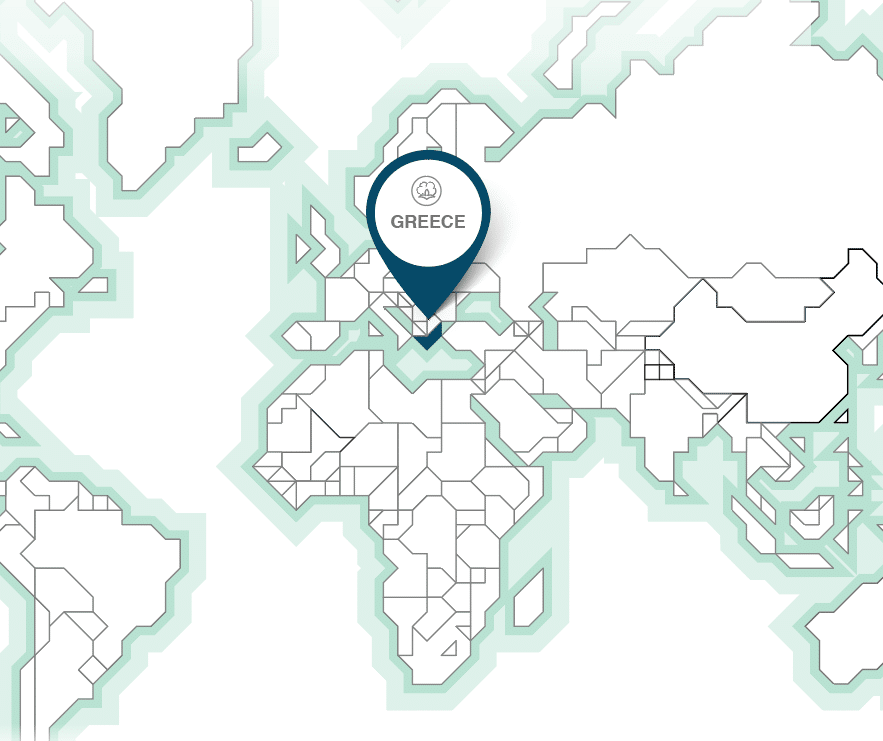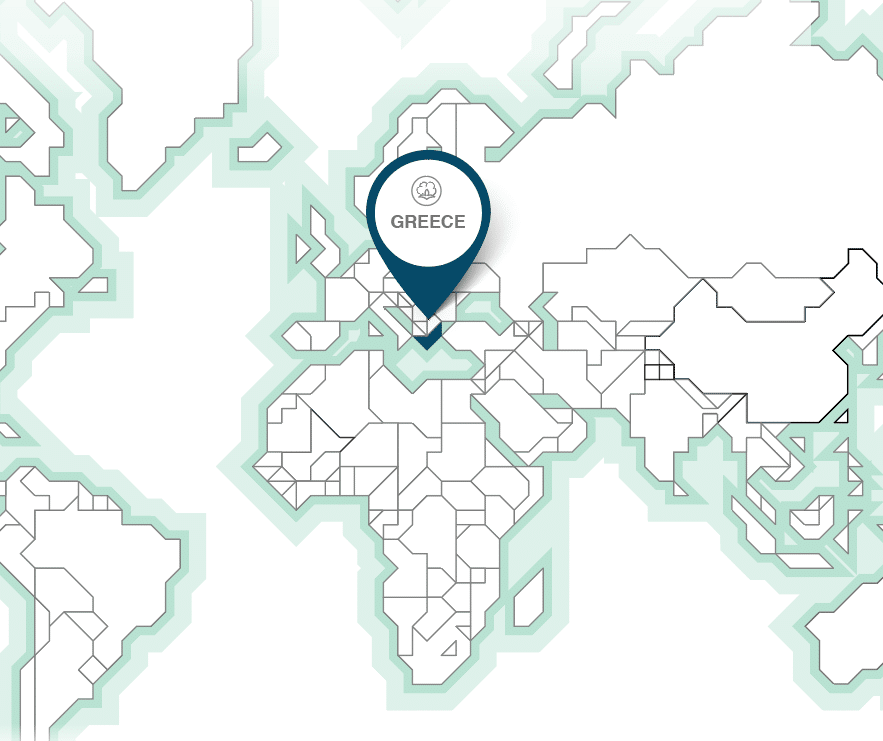

Cotton is machine picked in Greece, and is recognised for its high-quality in terms of length, strength and micronaire (an indication of fibre fineness). In 2020, Greece became a recognised Better Cotton Initiative (BCI) Standard Country.
Better Cotton Initiative Partners in Greece
In October 2020, after completing a comprehensive gap analysis and benchmarking process, BCI and ELGO-DOV became Strategic Partners and recognised the Greek AGRO-2 Integrated Management Standards as equivalent to the BCI Standard System. Farmers enrolled and certified under the AGRO-2 standards who also elect to participate in the BCI programme are eligible to sell their cotton as BCI Cotton from the 2020-21 cotton season.
The AGRO-2 Integrated Management Standards were developed by the national Hellenic Agricultural Organisation, ELGO-DEMETER, a statutory body under the Ministry of Rural Development and Food. ELGO-DEMETER and the Inter- Branch Organization of Greek Cotton (DOV) (jointly ELGO-DOV) have partnered to promote and implement the AGRO-2 standards for Greek cotton production.
In October 2024, BCI renewed its Strategic Partnership with ELGO-DOV after the organisation successfully aligned its field-level requirements with BCI’s updated Principles & Criteria (P&C).
Which regions grow BCI Cotton in Greece?
Thessaly, Macedonia, Thrace, and Mainland Greece are the major cotton-producing areas of Greece.
When is BCI Cotton grown in Greece?
Cotton in Greece is planted from March to April and the crop life cycle is usually 170 to 210 days, depending on the variety and weather conditions. The harvest normally occurs from October to November.
Sustainability challenges
Greek cotton farmers are focused on addressing two key challenges of water management and pesticide management in cotton farming. As part of the requirements of the AGRO 2 Integrated Management Standard, and in alignment with the BCI Standard System, farmers are focused on continuous improvement in these areas and implementing sustainable practices to tackle these challenges.
Get in touch
Contact our team via the contact form if you’d like to learn more, become a partner or you’re a farmer interested in farming BCI Cotton.










































